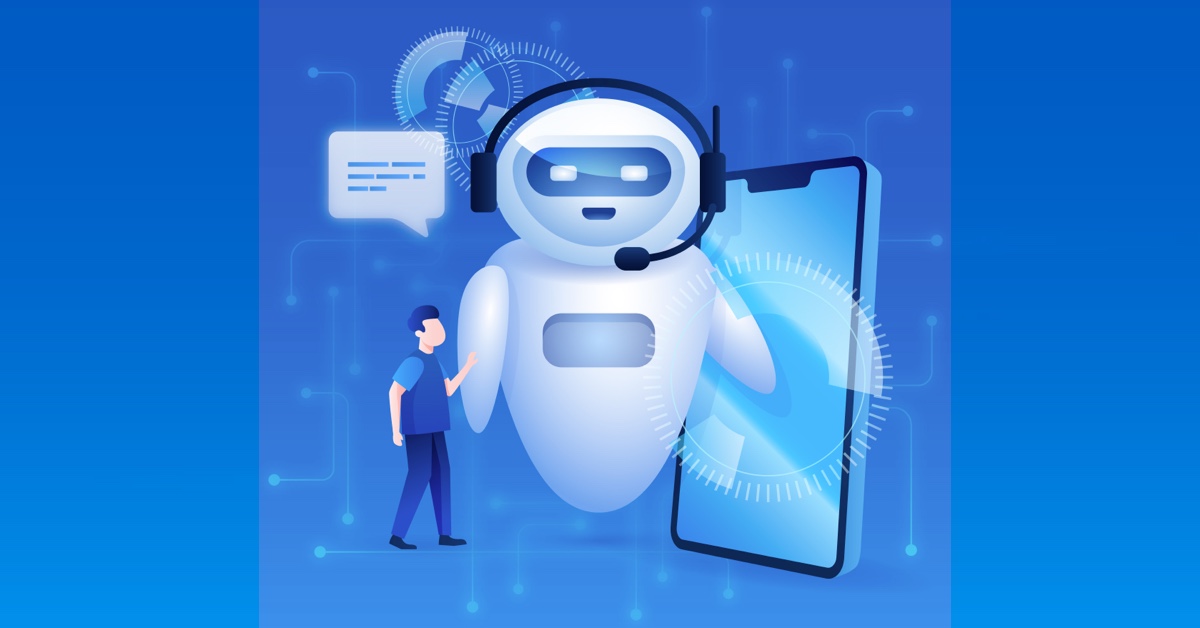The landscape of mobile app development is undergoing a transformative shift, and at the heart of this evolution lies Generative AI. Once confined to experimental use cases and academic labs, generative models have matured rapidly, empowering developers, designers, and businesses to reimagine how apps are built, tested, and optimized.
Whether you’re an enterprise aiming to reduce development cycles or a startup looking to innovate fast, generative AI is opening new frontiers in mobile app creation. Here’s how.
1. Code Generation and Automation
One of the most immediate capabilities of generative AI in mobile app development is automated code generation. Tools like GitHub Copilot, powered by OpenAI’s Codex, can generate boilerplate code, suggest real-time completions, or even write full functions based on plain-English instructions.
Benefits:
- Speeds up development time
- Reduces human error in repetitive tasks
- Assists junior developers with best practices
For example, developers can describe a UI component like “a login screen with email and password fields and a submit button,” and get instant code snippets for Flutter, React Native, or Swift.
2. AI-Driven UI/UX Design
Generative AI is revolutionizing UI/UX by turning text prompts into design prototypes. Platforms like Uizard and Galileo AI allow product teams to create wireframes or high-fidelity mockups with minimal manual design effort.
Capabilities include:
- Generating multi-screen app flows from a feature description
- Suggesting layout improvements based on usability data
- Personalizing app interfaces using user behavior analytics
Designers can now iterate more quickly and collaboratively, reducing time-to-market significantly.
3. Intelligent Testing and Bug Fixing
AI can now predict bugs before they surface and even suggest fixes. Generative AI models trained on large codebases can analyze your app code and identify potential vulnerabilities or inefficiencies.
Real-world applications:
- Writing unit test cases automatically
- Simulating edge cases and user interactions
- Suggesting optimized code to enhance performance
This not only ensures better app stability but also reduces QA workload.
4. Content Generation and Localization
Need app descriptions, onboarding copy, or push notification text? Generative AI can produce engaging, relevant, and even localized content on the fly.
How it helps:
- Saves time in creating multi-language app versions
- Dynamically generates user-specific content
- Personalizes in-app messages based on user behavior
This is especially powerful for apps in e-commerce, news, gaming, and education where fresh content is crucial.
5. Conversational Interfaces and Chatbots
With the rise of ChatGPT and similar models, building AI-powered chatbots and virtual assistants into mobile apps has become much easier and more sophisticated.
These bots:
- Understand user intent
- Provide human-like responses
- Integrate with app functions (e.g., booking, scheduling, support)
Generative AI enables apps to offer truly conversational, context-aware experiences, enhancing user engagement and satisfaction.
6. Real-Time Personalization
Generative AI can analyze user interactions and tailor app content, layout, and suggestions accordingly — in real time. This goes beyond static personalization into the realm of adaptive experiences.
Examples include:
- Reordering features based on usage patterns
- Suggesting personalized content (music, articles, videos)
- Adapting UI themes and layouts to user preferences
Such dynamic personalization increases user retention and lifetime value.
7. Accelerating Prototyping and MVP Development
Startups and product teams can now leverage generative AI to quickly prototype minimum viable products (MVPs). With just a concept or a few sentences, tools can generate app skeletons, mockups, and even working backends using low-code or no-code platforms.
This makes it easier to test ideas, validate markets, and secure funding — faster than ever before.
Final Thoughts
Generative AI is not just a technological trend — it’s a strategic asset in modern mobile app development. From reducing manual coding to enhancing design, testing, and personalization, its capabilities are enabling teams to build smarter, faster, and more user-centric apps.
As the tools mature and integration becomes seamless, the question is no longer if generative AI should be used, but howyou can best integrate it into your mobile app development lifecycle.
Need help integrating AI into your next mobile app project?
Let’s talk! Our team specializes in AI-driven app development tailored to your business goals.


